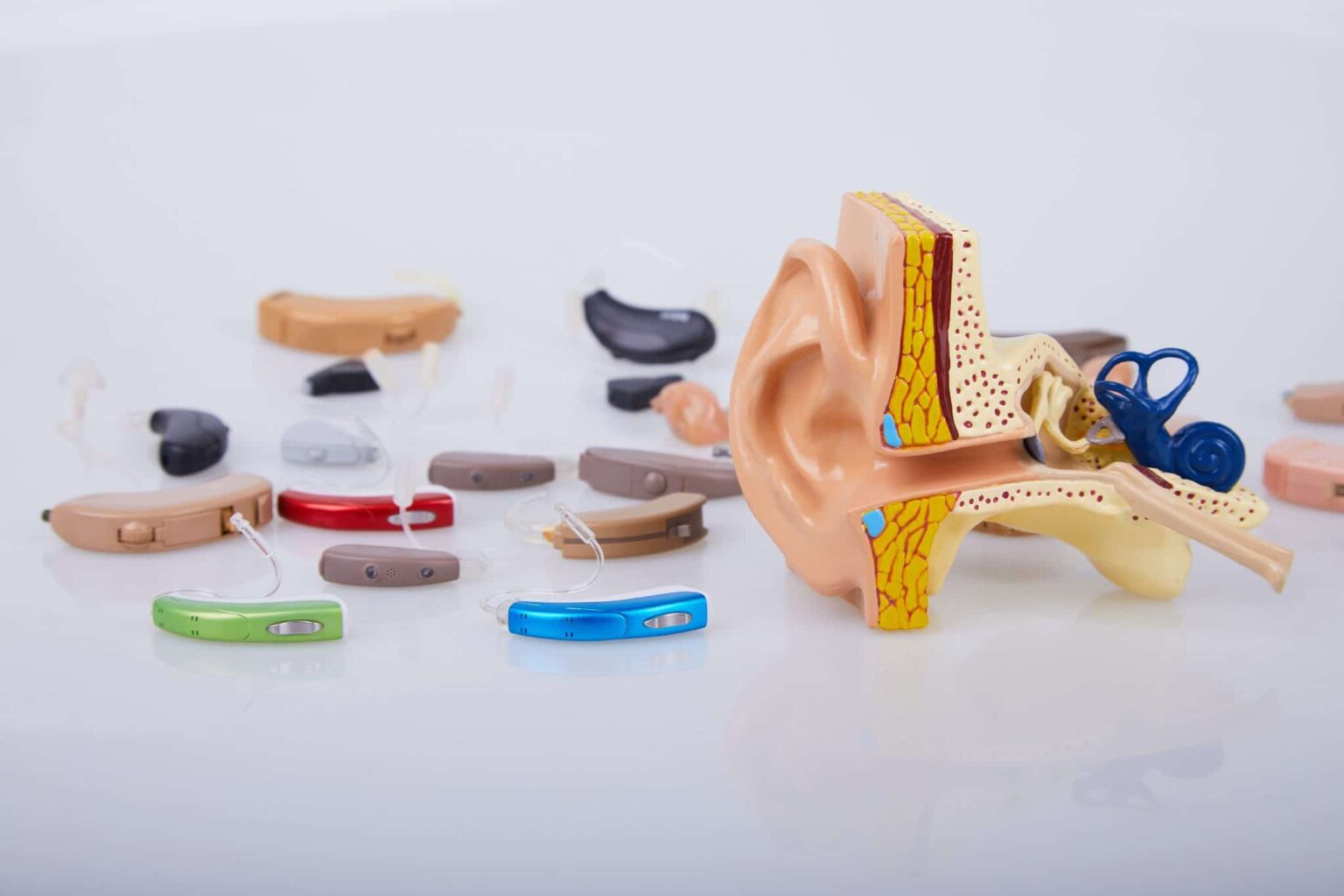Some modern hearing aids now have built-in rechargeable batteries, but many still rely on disposable button batteries. If you have the second type, it’s important to know how to care for and store them, as these batteries contain heavy metals that can be very dangerous if not properly handled. Follow our tips below.
How Can Hearing Aid Batteries Be Dangerous?

According to the National Capital Poison Center, more than 3,500 people of all ages swallow button batteries each year in the U.S. In many cases, the batteries simply pass through the body through a bowel movement, but sometimes they can be hung up.
When the chemicals in batteries – including mercury, silver and lithium – come into contact with body fluids, it creates an electrical current than can burn through tissues, cause serious organ damage and even lead to death.
For this reason, it’s important to keep your hearing aid batteries away from children and pets.
If you or someone you know does ingest a battery, call the National Battery Ingestion Hotline at 800-498-8666 right away.
If you or someone you know experiences an acid burn from a leaking battery, immediately wipe the area clean with a wet cloth then run cool water over the affected area for at least 15 minutes. Call your doctor if you continue to experience pain or discoloration.
The Do’s and Don’ts of Hearing Aid Storage
One of the most important aspects of caring for your hearing aid batteries is properly storing them.
Do:
- Store your batteries in a container with a lid that closes tightly.
- Put the container on a high shelf or in a drawer or cabinet that locks.
- Keep your batteries at room temperature. (Don’t put them in the fridge!)
Don’t:
- Store batteries next to metal objects, like keys or coins.
- Keep batteries near medications, as they can easily be mistaken for pills.
- Put dead batteries out in the open or in the garbage can.
Discarding Old Batteries
When your batteries die, put them in a container that cannot be accessed by children or pets, and store them somewhere safe until you can take them to MarBorg Recycling. Don’t throw them in the trash, as they can leak and contaminate the environment.
For more information about caring for hearing aids and hearing aid batteries or to schedule an appointment with a hearing aid expert, call Hearing Services of Santa Barbara today!